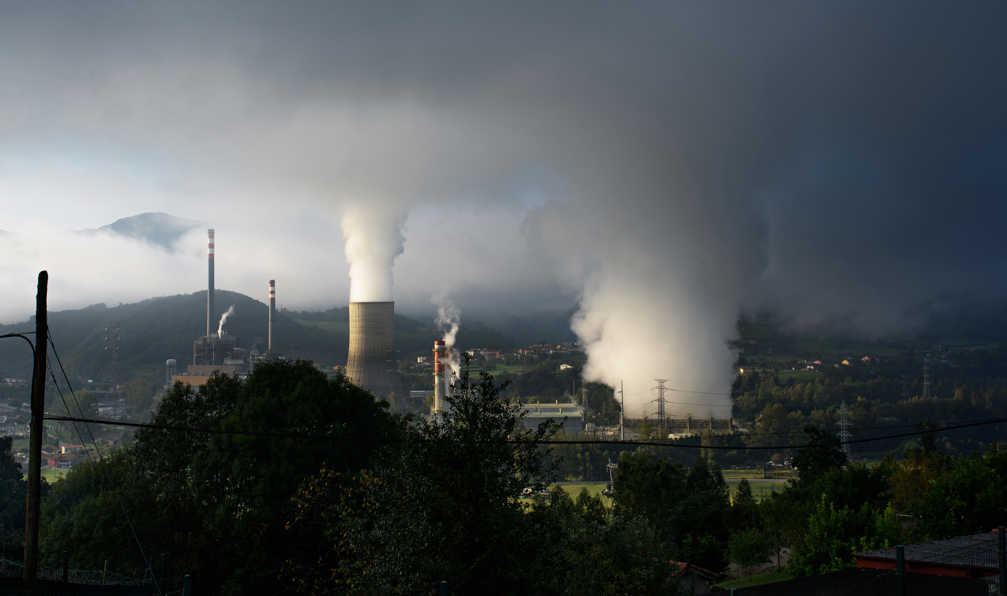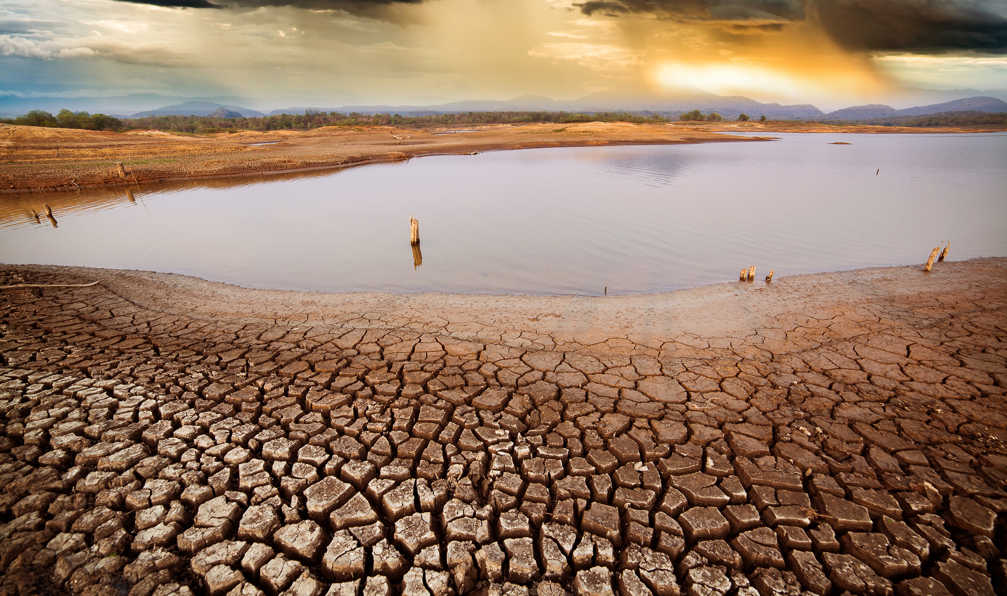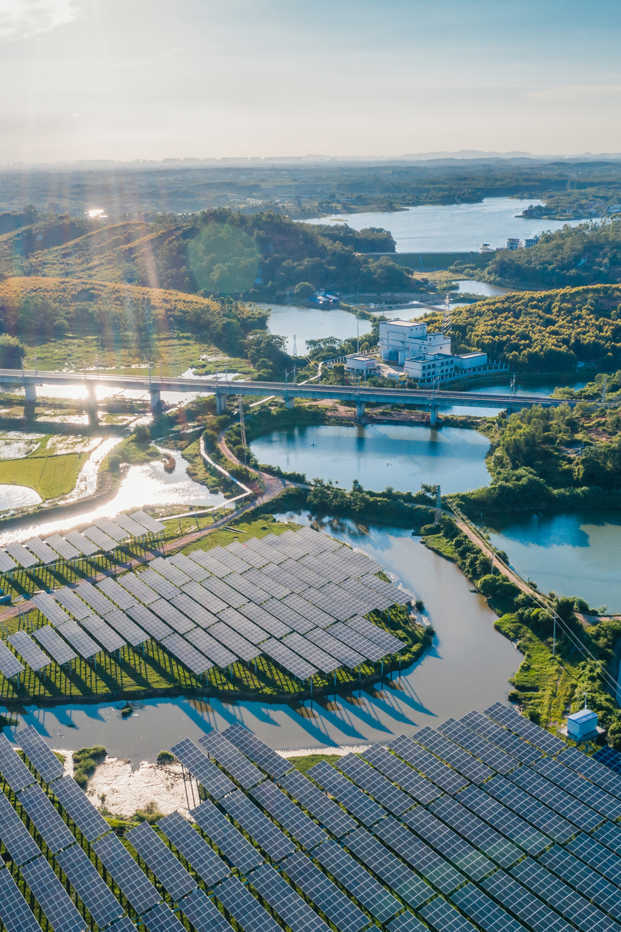Greenlife Danışmanlık, değişen dinamiklere uyum sağlamak isteyen şirketlere, karbon yönetimi, sürdürülebilirlik raporlaması, ESG stratejisi oluşturma, Yeşil Mutabakat’a uyum, döngüsel ekonomi uygulamaları ve sürdürülebilir finansman gibi alanlarda rehberlik ediyor.

Sunduğumuz Hizmetler
Kurumsal Sürdürülebilirlik Yönetimi Danışmanlığı
- İklim ve Doğa Bağlantılı Risk ve Fırsatların Raporlanması (TCFD & TNFD)
- Sürdürülebilirlik Raporlamaları
- CDP (Karbon Saydamlık Projesi) Danışmanlığı
- SBTi (Bilime Dayalı Hedefler) Danışmanlığı
- Ecovadis Danışmanlığı
- Sürdürülebilir Tedarik Zinciri Yönetimi
- Sürdülebilir İş Modeli Entegrasyonu
- Küresel Düzenlemelere Uyum
- Sürdürülebilirlik Stratejisi ve Şirket Vizyonunun Şekillendirilmesi
- Sürdürülebilirlik Odaklı Kurumsal Eğitim Programları
- Çevresel ve Sosyal Yönetim Planları ile İzleme Raporlarının Hazırlanması
İklim Değişikliği Danışmanlığı
- Karbon Ayak İzi Hesaplama ve Raporlama
- Su Ayak İzi Hesaplama ve Raporlama
- Çevresel Ürün Beyanlarının (EPD) Oluşturulması
- Yaşam Döngüsü Değerlendirmesi (LCA)
- Su Verimliliği Yönetim Sistemi (ISO 46001)
- Ürün Karbon Ayak İzi Hesaplama ve Raporlama
- Dijital Ürün Pasaportu (DPP)
- Sınırda Karbon Düzenleme Mekanizması (CBAM) Süreç Yönetimi
- Gönüllü Karbon Projeleri Geliştirilmesi
- AB Ormansızlaşma Yönetmeliği (EUDR) Uyumu Çalışması
- AB’nin Yeşil Mutabakat Politikalarına Uygun Stratejiler Geliştirilmesi & Yeşil Mutabakat Danışmanlığı
- Şirketlerin Çevresel ve Sosyal Etkilerini Minimize Edecek Risk Yönetim Stratejileri
- TÜBİTAK 1831 Yeşil İnovasyon Teknoloji Mentörlük Programı

Ulusal Emisyon Ticaret Sistemi ve Karbon Kredilendirme Sistemi

Karbonsuz Gelecek İçin Şeffaflık Zamanı: CDP Neden Önemlidir?

Ürününüzün Çevresel Kataloğu EPD ile Tanışın

Ürününüzün Yaşamı Boyunca Çevresel Etkisini Biliyor Musunuz? LCA ile Tanışın!

Karbon Yönetiminde Yeni Dönem: ETS

Dijital Ürün Pasaportu (DPP): Şeffaflık, Sürdürülebilirlik ve Döngüsel Ekonomiye Adım Atmak

Türkiye Sürdürülebilirlik Raporlama Standartları: İş Dünyası İçin Oyunun Kuralları Değişiyor!

Sürdürülebilirlik ve Rekabet: Geleceğin İş Modeli

















